The Meaning of Words
An English-Enthusiast Discusses Poetry Unit
Students annotate and thoroughly dissect poems, trying to find hidden meanings and values that are woven throughout. “The Bridge” is one of my favorite poems of all time, and I’m so sad it didn’t make it to the next round.
April 12, 2022
During March, it is well known around the school of the various “March Madnesses” that have been happening – Teacher Madness and March Book Madness – but one has been a huge success for us English II nerds: Poetry Madness. English students have started Poetry Madness quite recently, and it is a fun way to study poetry.
Poetry Madness has students analyzing and interpreting different poems, taking note of certain usages of words and how the author conveys their hidden messages. After the analysis, students discuss their findings with the class or in small groups, then proceed to vote for the piece they liked better on a google form.
As of Mar. 31, the first round of brackets are over, with some of my personal favorite pieces making it to the next round. One of them is “Gate A-4” by Naomi Shihab Nye, which is a very well-done poem about a woman at the Albuquerque Airport who is waiting for a flight. The poem is about spreading happiness and mutual friendships, and how people can easily have these experiences if they wish. It not only ties in cultural references, but has various meanings far beyond the words in the poem. I really enjoyed the poem because as an Indian-American, I can relate to some of the references made in the poem. There was a lot of symbolism, and it really made me think about what each object represented. It was really deep and I thoroughly enjoyed it.
Another poem I really enjoyed but didn’t make it past the first round was “Good Bones” by Maggie Smith. It was a poem mostly about the balances of the world; good and bad. It was almost a poem written from the perspective of a mother trying to show their kids that despite the evil or bad things in this world, there are always going to be good things. This poem was really heartfelt and I really enjoyed reading it and also hearing my classmates’ thoughts about the other meanings of the writing. The poem itself was really repetitive, having a lot of similar wording throughout the writing, but it made it a lot more interesting to read and more powerful.
As of April 4, the runoff brackets were released to all students. The “runoff bracket” winners are the most-voted poem from each “wing” or side of the Poetry Madness brackets. Students currently got the opportunity to campaign for their side using posters and just by talking among themselves. It was quite excruciating coming to class not knowing who was going to win, and there was so much chatter around my area of the classroom because of the different poems.
On April 8, my English II class, taught by Kim Vidrine, went through a lesson of propaganda and spreading information, and now our class had the opportunity to campaign for the poem we want to win by creating posters that will be hung around the English Wing. Students will do a “gallery” walk on April 12 and will be able to vote on a poster that they find to be their favorites. After that, the voting for the winning poem of this year’s poetry madness will commence.
I admit that, before this unit, it was an absolute struggle understanding poetry. Despite knowing a lot about English and loving to read and write, it was always a tedious process with poetry. However, after being able to learn how to break down and think through a poem, my love for poetry grew tenfold. It was amazing how much I missed when reading poems, as I didn’t even realize that certain things held a deeper meaning than what it gives off first.
It was so difficult to compare each poetry piece to a different one, although it was easier because both poems at the first stages of the competition had a similar theme. However, as the winners of each bracket progressed through the rounds, it became harder to pick a winner. The struggle was insane because every single round I had to choose poems that both spoke volumes to me.
The theme I appreciated the most was about connections to your origins. We read a poem called “The Bridge” and it was so relatable to me. The message of staying grounded to your roots and staying true to yourself was one that I absolutely needed too. I’d highly recommend this poem to anyone who has a hard time with self discovery. It’s really funny and very well written.
Poetry Madness is an absolutely fun and chaotic unit, considering everyone is trying to vocally express their opinions or takes on the poem. The amount of depth that is needed to break down and dissect the poems was a complete surprise to me, but it also helped me notice different literary patterns and gave me inspiration for my own writing. Ninth graders, when you get to this unit, do not sleep on it at all.


![On March 20, the theatre program performed their UIL One Act play Frankenstein. “I could barely believe what I heard after [it was] announced that we were advancing,” freshman Zack Williams said. “It was crazy. Being one of the only freshmen in the show and also [being] a lead definitely put pressure on my shoulders. I knew that the only thing I could do was my best, but that was until I started to think what if my best was not enough? I was feeling like I could never amount to being what [everyone else] thought I was. Although, after hearing that announcement, I realized that maybe I have something going for me after all.”
Photo courtesy of Cayden Bartolo](https://cphswolfpack.com/wp-content/uploads/2024/04/Capture.png)
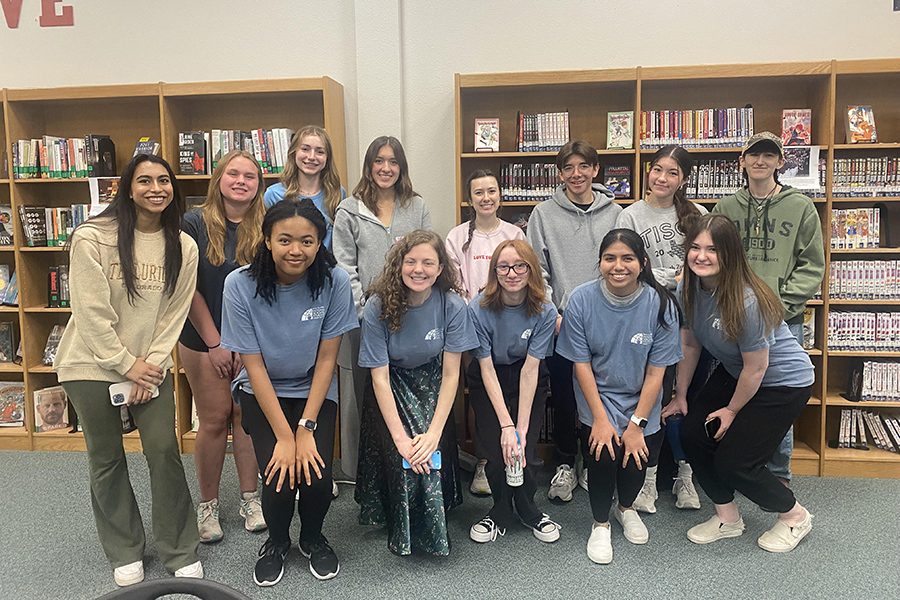

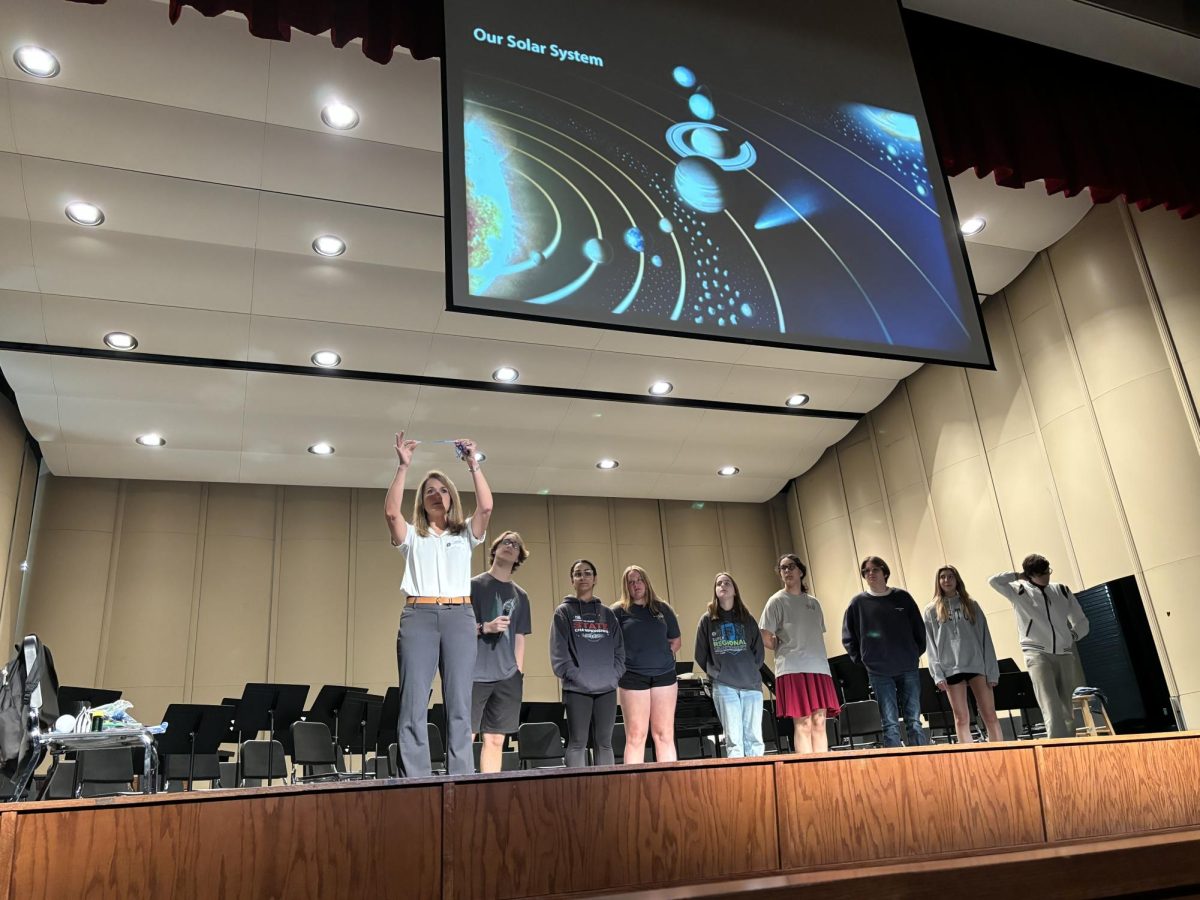



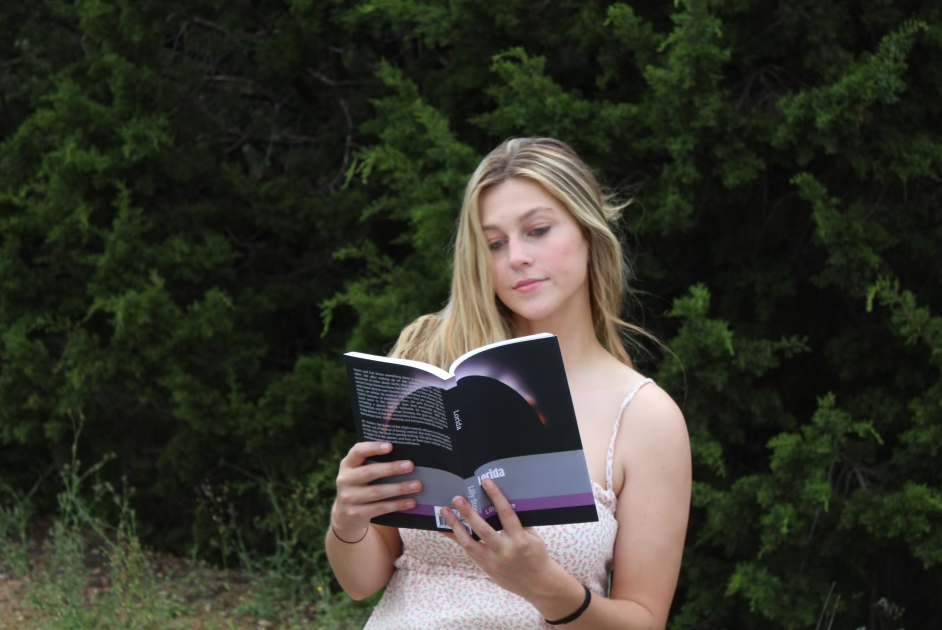
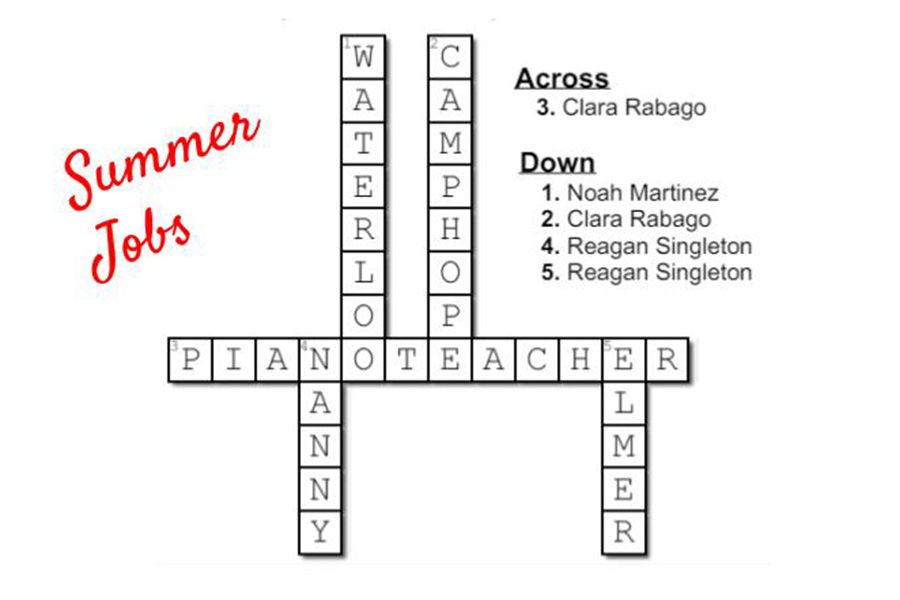
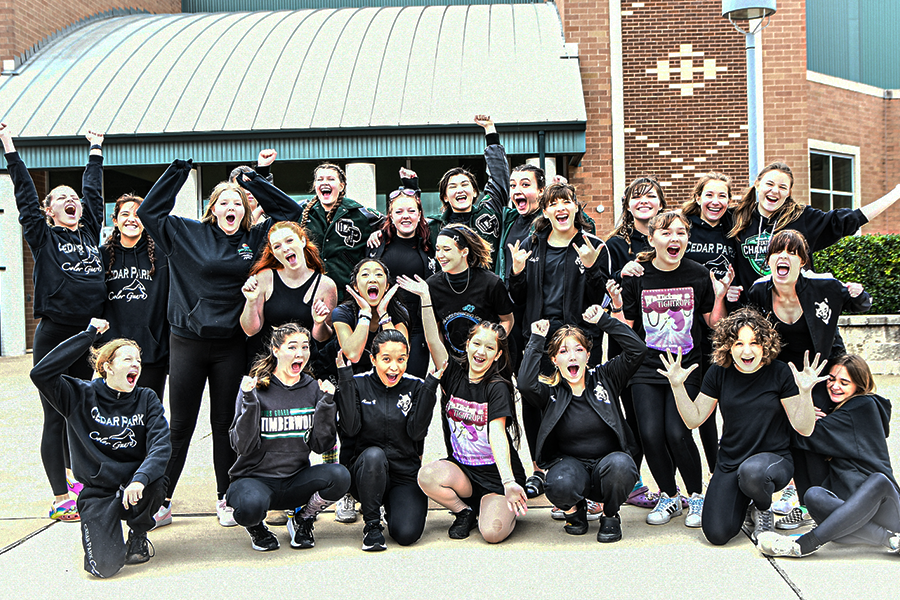



![Parking Lot Attendant Alan Gallagher poses next to his sign notifying that students can no longer purchase parking passes. Students without passes will not be able to park in the school parking lot, and if they do, AP’s will be notified. ““[When I catch people skipping] I notify the students AP and from there Im not sure what happens,” Gallagher said. “[I can also stop people for] speeding through the parking lot [since] the speed limit is 10 mph on campus.”](https://cphswolfpack.com/wp-content/uploads/2024/05/Heidi-1-1200x800.jpg)
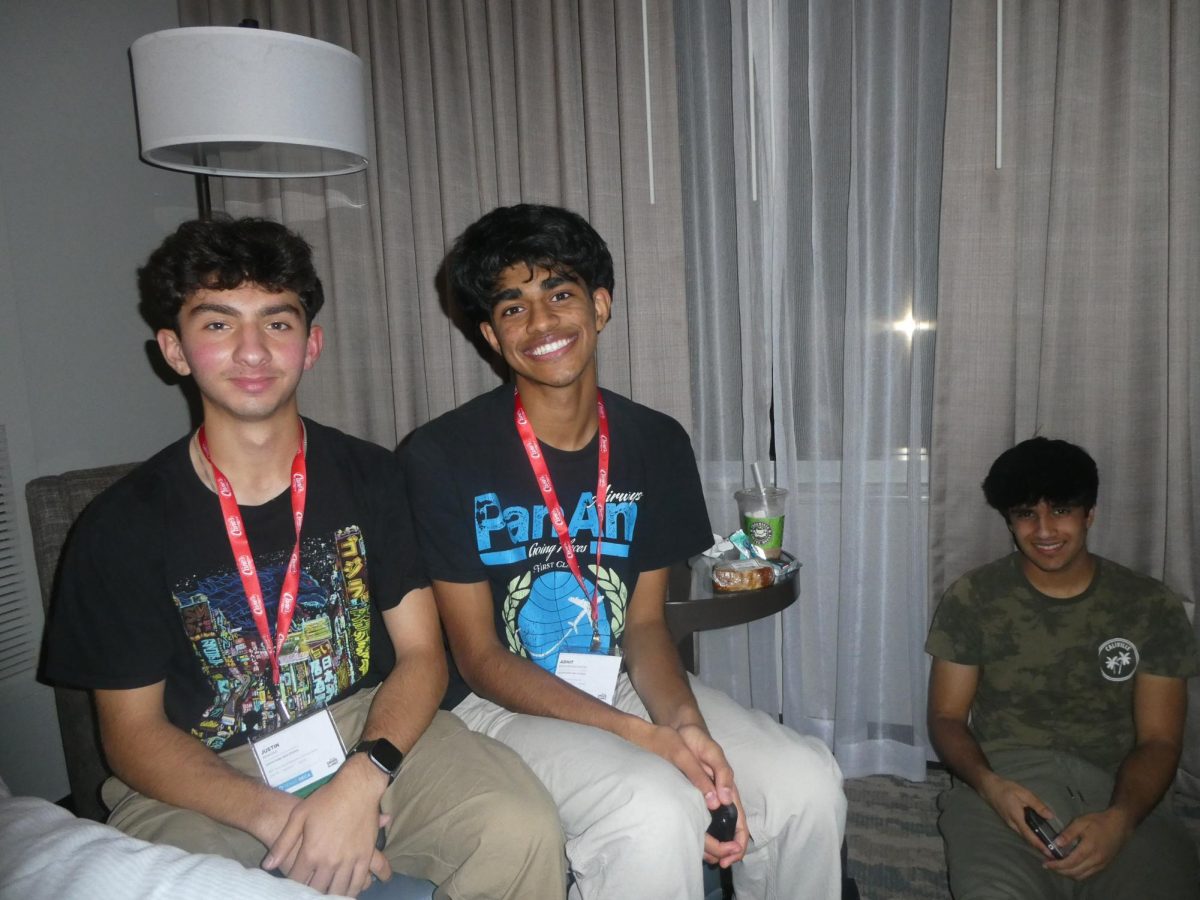



![Catching a ball, junior Alivia Robinson plays at the Cedar Park vs Glenn game. Having played since she was 5 years old, she is dedicated to softball and has committed to UTPB for softball. “When I got my offer it took me a very long time to decide where,” Robinson said. “Softball has always been my dream for college, and UTPB is my fit. When [I committed] I knew I was going to be loved and supported.”](https://cphswolfpack.com/wp-content/uploads/2024/04/Lilly-Adams-3.13aliviaedit-901.jpg)

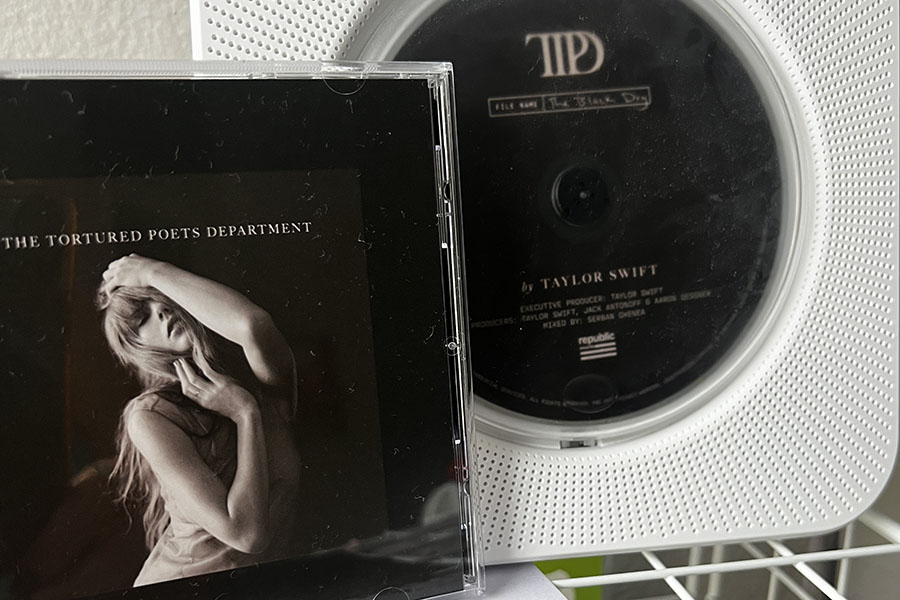















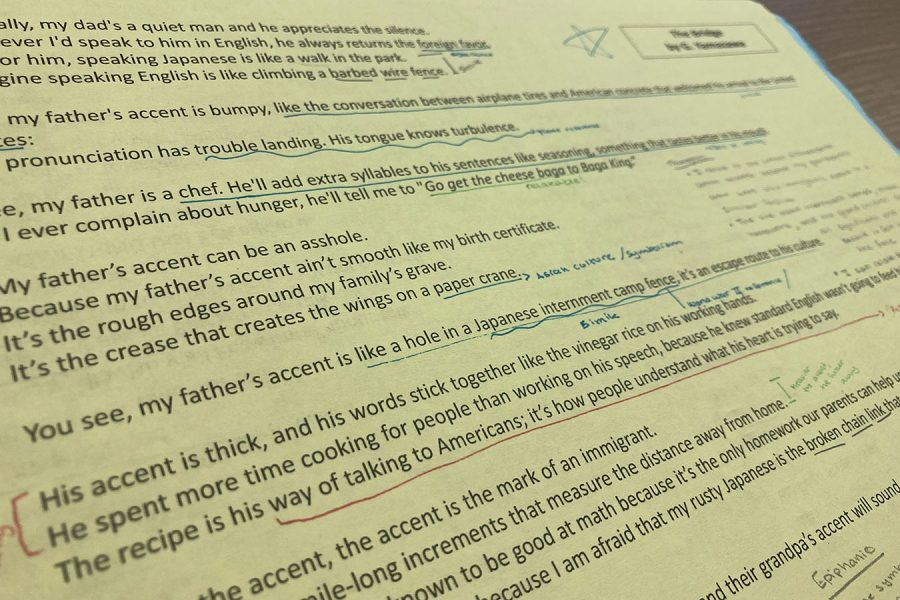







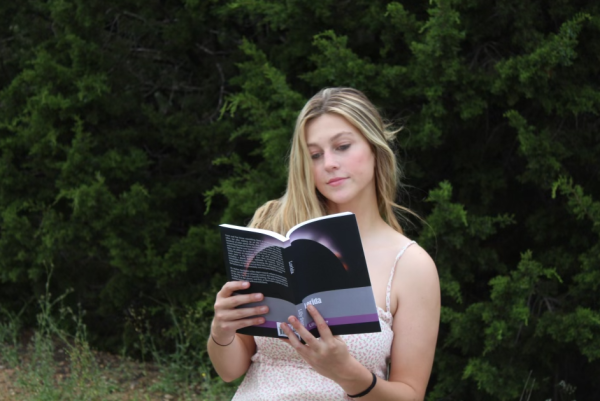











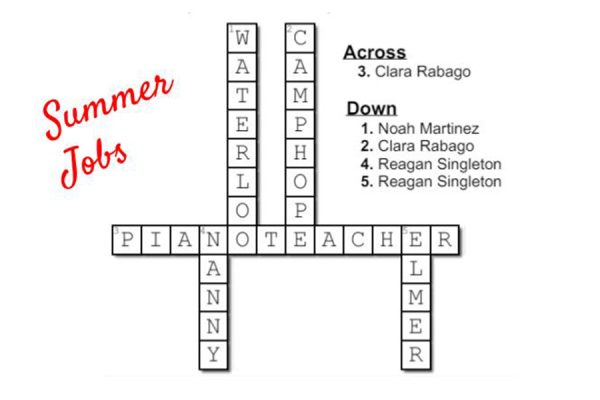

![Smiling for a picture, senior identical twins Ethan and Drew OConnor pose with a statue of a parrot mascot. The twins will both attend the University of Arkansas in the fall and major in business. “I didnt really mind going to different colleges, but we had the same [college] choices,” Ethan said. “We both liked Arkansas, and I dont mind him coming with me. If we cant get [a] rooming situation down, were just going to do a quad together. Which Im kind of down for a quad, because there is more room.” Photo courtesy of Drew O’Connor](https://cphswolfpack.com/wp-content/uploads/2024/05/IMG_7342-488x600.jpg)
![Standing on the drum major’s platform, senior twin sisters Abby and Courtney McDanald pose for a picture. This fall, Abby will attend the University of Texas at Austin to study nursing and Courtney will major in theater education at Stephen F. Austin University. “I was definitely sad about [attending different universities] because weve been so close,” Abby said. “Being that far away from someone for a long time will be hard. We didnt do it on purpose, we just wanted different things in schools. Its definitely sad, but I think itll make seeing her more special.” Photo courtesy of Abby McDanald](https://cphswolfpack.com/wp-content/uploads/2024/05/FullSizeRender-399x600.jpg)

